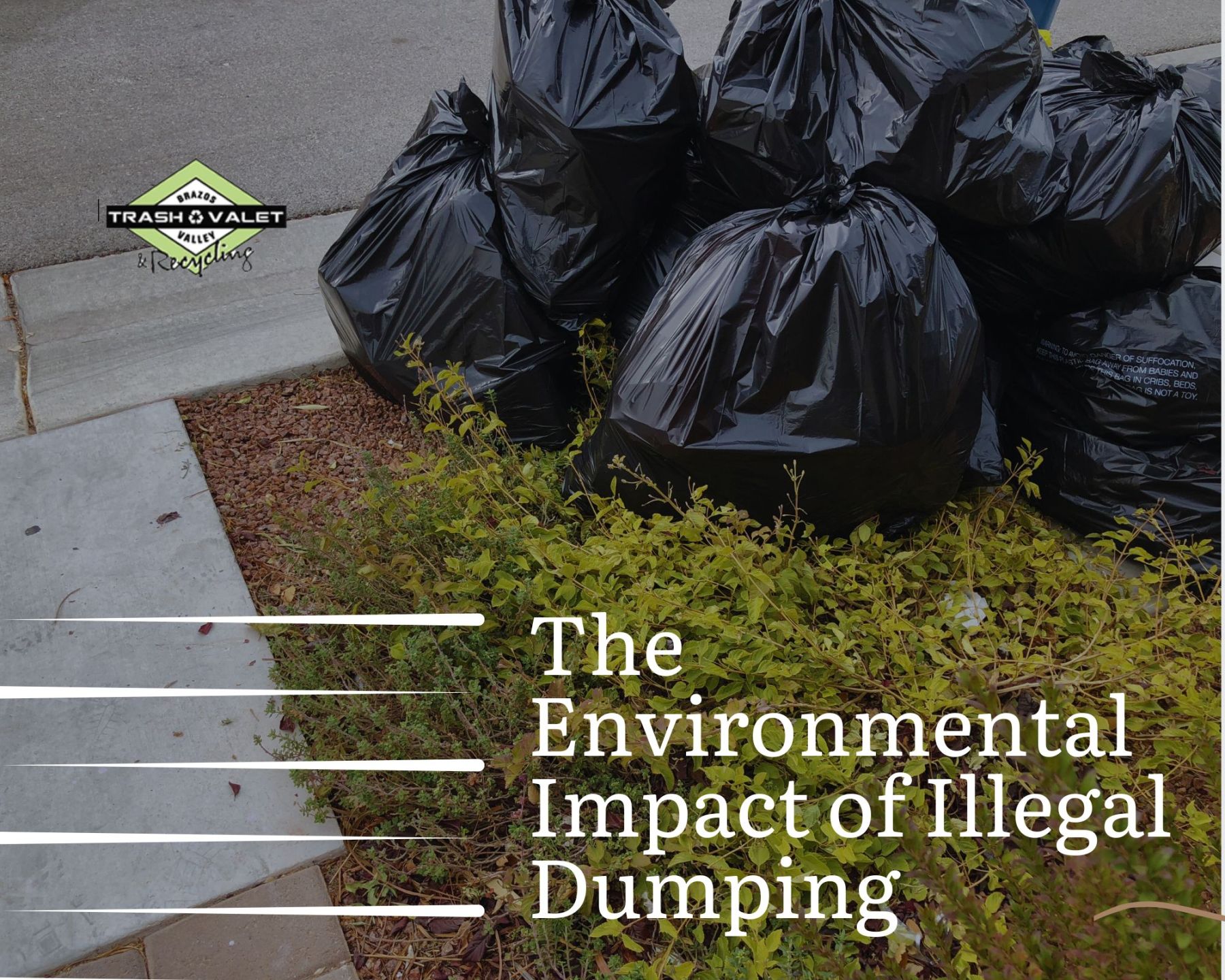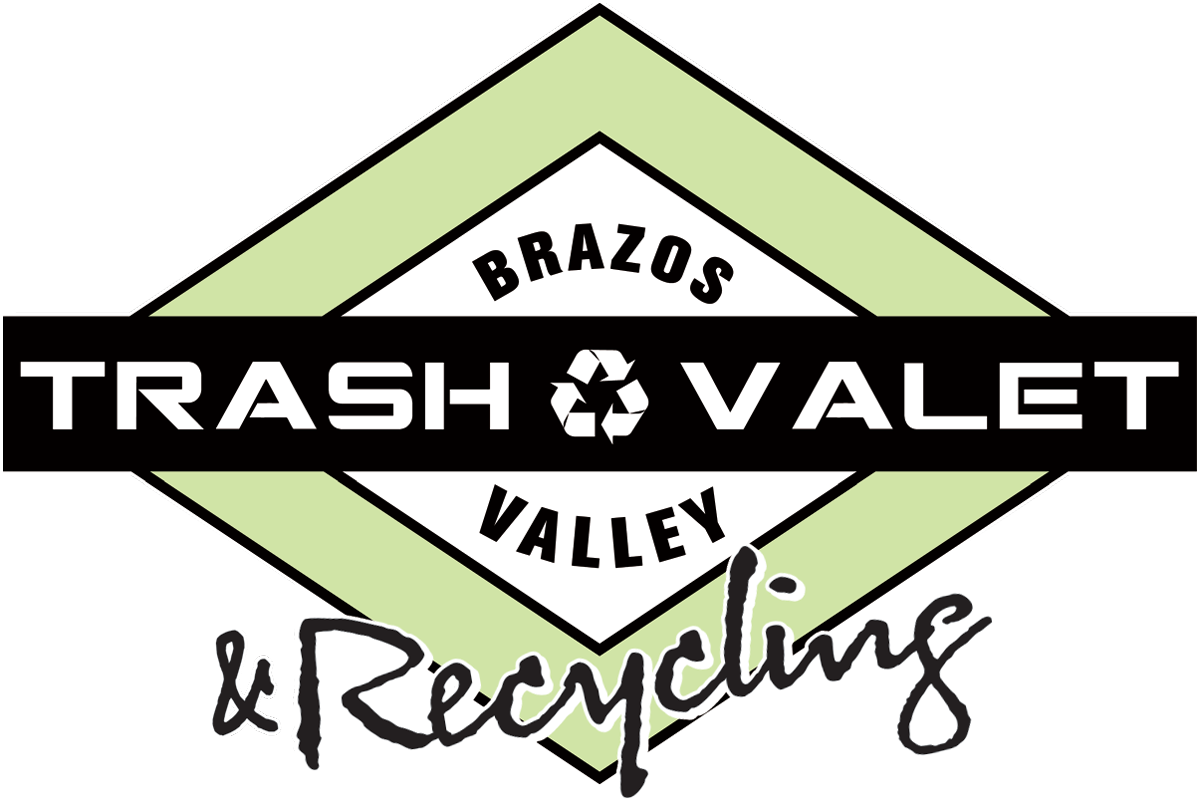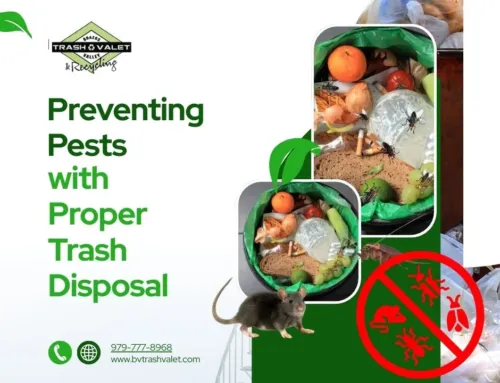The Environmental Impact of Illegal Dumping
Illegal dumping is more than just an eyesore—it’s a serious environmental and public health issue. When individuals or businesses choose to dispose of waste in unauthorized areas like empty lots, roadsides, or waterways, they contribute to a growing problem that affects communities, wildlife, and the environment. Understanding the consequences of illegal dumping and taking action to prevent it is key to protecting our neighborhoods and natural resources.

What Is Illegal Dumping?
Illegal dumping refers to the improper disposal of waste in areas not designated for trash collection. This includes dumping household garbage, construction debris, old furniture, tires, and hazardous materials on public or private land without permission. Unlike littering, which typically involves small amounts of trash, illegal dumping often involves large quantities of waste and poses a greater environmental threat.
How Illegal Dumping Affects the Environment
Illegal dumping can have far-reaching impacts on the environment. Here are some of the most serious consequences:
Contaminated Waterways
When waste is dumped near rivers, lakes, or storm drains, it can quickly make its way into local water systems. Chemicals from batteries, paint, or motor oil can pollute drinking water and harm aquatic life. Even organic waste can alter water chemistry and oxygen levels, threatening fish and other species.
Harm to Wildlife
Wild animals can be severely affected by illegal dumping. Sharp objects and toxic substances can injure or poison animals. Plastic bags, fishing line, and other debris can entangle wildlife or be mistaken for food, leading to serious health issues or death.
Soil Degradation
Toxins from illegally dumped waste can seep into the ground and affect soil quality. Contaminated soil reduces agricultural productivity and can be difficult and expensive to restore.
Increased Risk of Wildfires
Piles of dumped debris can become fire hazards, especially in dry climates. Trash such as dry wood, paper, and flammable chemicals can quickly ignite, putting nearby homes and ecosystems at risk.
The Social and Economic Costs
In addition to environmental damage, illegal dumping also affects the safety and well-being of communities. It can lower property values, attract pests, and make neighborhoods feel neglected. Local governments often spend taxpayer money to clean up illegal dump sites, diverting funds from other public services like road maintenance or park improvements.
What You Can Do to Help
Fortunately, there are practical steps everyone can take to combat illegal dumping:
Dispose of Waste Properly
Always use licensed waste disposal or recycling services. If you have bulky items like furniture or appliances, check with your city or county about scheduled pickup days or drop-off centers.
Report Illegal Dumping
If you see illegal dumping in your neighborhood, don’t ignore it. Most cities have hotlines, websites, or mobile apps where you can report dump sites anonymously. In many areas, reporting illegal dumping helps authorities investigate and hold offenders accountable.
Educate Your Community
Sometimes, people dump illegally simply because they don’t know the rules. Share information with neighbors about proper disposal methods, recycling programs, and local resources. Hosting or attending community clean-up events can also raise awareness and build a sense of shared responsibility.
Secure Your Property
To prevent people from dumping on your land, consider installing signage, fences, or motion-sensor lighting. Make sure dumpsters are locked or placed in well-lit, visible areas.
Support Legislation
Advocate for stronger enforcement of anti-dumping laws in your community. Support local policies that fund waste management services, recycling education, and environmental protection initiatives.
Final Thoughts
Illegal dumping is a preventable issue with long-term consequences. By understanding its environmental impact and taking proactive steps, residents can protect their neighborhoods and natural spaces. Small actions—like reporting a dump site or spreading awareness—can make a big difference. Together, we can create cleaner, safer, and more sustainable communities.
Share This Story, Choose Your Platform!
The Environmental Impact of Illegal Dumping
Illegal dumping is more than just an eyesore—it’s a serious environmental and public health issue. When individuals or businesses choose to dispose of waste in unauthorized areas like empty lots, roadsides, or waterways, they contribute to a growing problem that affects communities, wildlife, and the environment. Understanding the consequences of illegal dumping and taking action to prevent it is key to protecting our neighborhoods and natural resources.

What Is Illegal Dumping?
Illegal dumping refers to the improper disposal of waste in areas not designated for trash collection. This includes dumping household garbage, construction debris, old furniture, tires, and hazardous materials on public or private land without permission. Unlike littering, which typically involves small amounts of trash, illegal dumping often involves large quantities of waste and poses a greater environmental threat.
How Illegal Dumping Affects the Environment
Illegal dumping can have far-reaching impacts on the environment. Here are some of the most serious consequences:
Contaminated Waterways
When waste is dumped near rivers, lakes, or storm drains, it can quickly make its way into local water systems. Chemicals from batteries, paint, or motor oil can pollute drinking water and harm aquatic life. Even organic waste can alter water chemistry and oxygen levels, threatening fish and other species.
Harm to Wildlife
Wild animals can be severely affected by illegal dumping. Sharp objects and toxic substances can injure or poison animals. Plastic bags, fishing line, and other debris can entangle wildlife or be mistaken for food, leading to serious health issues or death.
Soil Degradation
Toxins from illegally dumped waste can seep into the ground and affect soil quality. Contaminated soil reduces agricultural productivity and can be difficult and expensive to restore.
Increased Risk of Wildfires
Piles of dumped debris can become fire hazards, especially in dry climates. Trash such as dry wood, paper, and flammable chemicals can quickly ignite, putting nearby homes and ecosystems at risk.
The Social and Economic Costs
In addition to environmental damage, illegal dumping also affects the safety and well-being of communities. It can lower property values, attract pests, and make neighborhoods feel neglected. Local governments often spend taxpayer money to clean up illegal dump sites, diverting funds from other public services like road maintenance or park improvements.
What You Can Do to Help
Fortunately, there are practical steps everyone can take to combat illegal dumping:
Dispose of Waste Properly
Always use licensed waste disposal or recycling services. If you have bulky items like furniture or appliances, check with your city or county about scheduled pickup days or drop-off centers.
Report Illegal Dumping
If you see illegal dumping in your neighborhood, don’t ignore it. Most cities have hotlines, websites, or mobile apps where you can report dump sites anonymously. In many areas, reporting illegal dumping helps authorities investigate and hold offenders accountable.
Educate Your Community
Sometimes, people dump illegally simply because they don’t know the rules. Share information with neighbors about proper disposal methods, recycling programs, and local resources. Hosting or attending community clean-up events can also raise awareness and build a sense of shared responsibility.
Secure Your Property
To prevent people from dumping on your land, consider installing signage, fences, or motion-sensor lighting. Make sure dumpsters are locked or placed in well-lit, visible areas.
Support Legislation
Advocate for stronger enforcement of anti-dumping laws in your community. Support local policies that fund waste management services, recycling education, and environmental protection initiatives.
Final Thoughts
Illegal dumping is a preventable issue with long-term consequences. By understanding its environmental impact and taking proactive steps, residents can protect their neighborhoods and natural spaces. Small actions—like reporting a dump site or spreading awareness—can make a big difference. Together, we can create cleaner, safer, and more sustainable communities.




